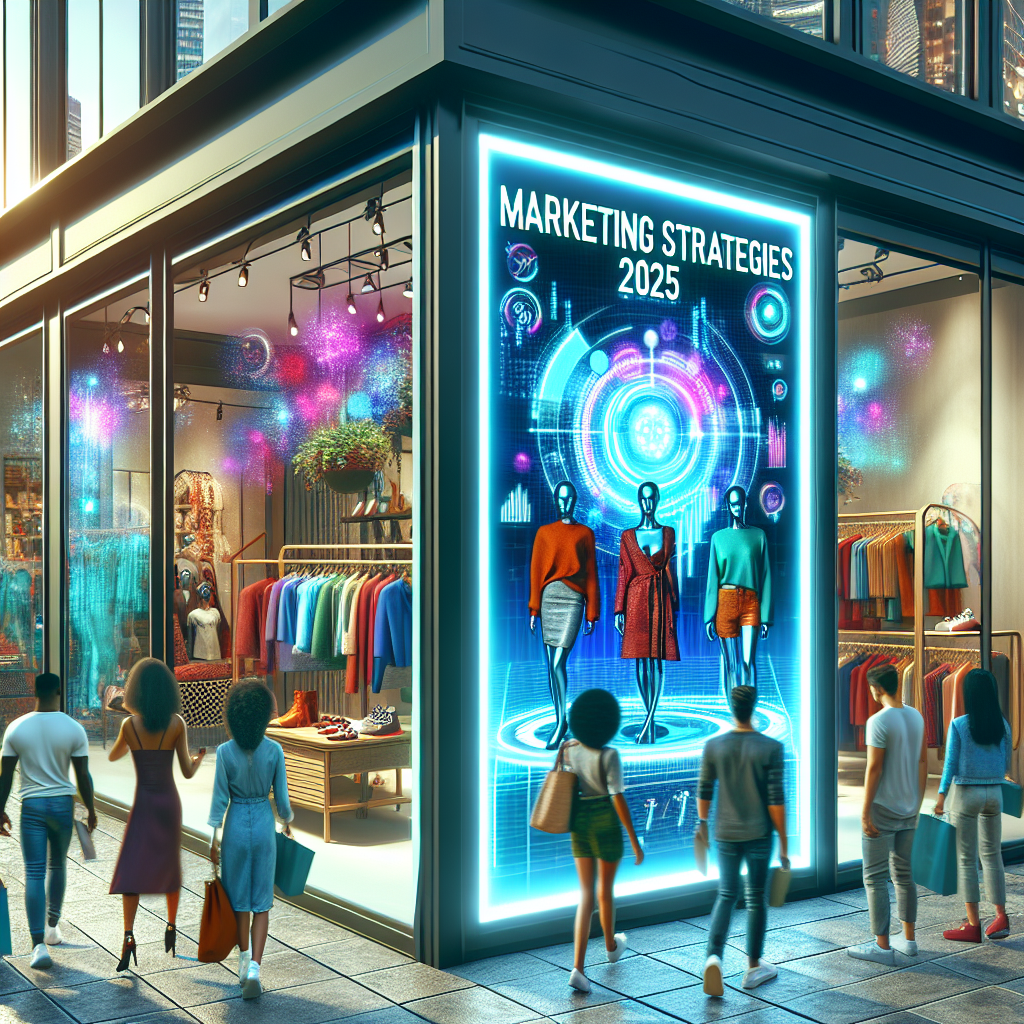Understanding the Boutique Market Landscape
In today’s competitive retail environment, boutique owners face unique challenges and opportunities that distinguish them from larger retail chains. Boutiques thrive on personalization and exclusivity, elements that modern consumers increasingly value. According to a recent report by McKinsey & Company, 71% of consumers expect companies to deliver personalized interactions, and 76% get frustrated when this doesn’t happen. This trend presents an excellent opportunity for boutiques to leverage their inherent strengths in creating intimate shopping experiences. The boutique market continues to evolve, especially with the integration of technology and digital marketing methods that were once only accessible to larger retailers. Understanding this landscape requires boutique owners to recognize that their small size can be their greatest competitive advantage when properly positioned in marketing strategies. Like implementing conversational AI for customer service, boutiques need to embrace innovation while maintaining their unique character and charm.
Defining Your Boutique’s Unique Selling Proposition
Every successful boutique needs a clear and compelling unique selling proposition (USP) that answers the crucial question: why should customers choose your store over competitors? Your USP should articulate what makes your boutique special—whether it’s curating hard-to-find designers, offering personalized styling services, or creating an immersive in-store experience. The power of differentiation cannot be overstated in the boutique sector. Take time to analyze what truly sets your boutique apart, considering factors such as product selection, customer service approach, store ambiance, and your brand story. Successful boutiques like Anthropologie have mastered the art of creating distinctive shopping environments that communicate their brand values instantly upon entry. Your USP should not only guide your product selection but also inform every aspect of your marketing strategy, from visual merchandising to social media content. Consider how an AI call assistant could enhance your USP by providing exceptional customer service even when your team is unavailable.
Leveraging Social Media for Boutique Marketing
Social media platforms have revolutionized boutique marketing by providing affordable, highly targeted channels to reach potential customers. Platforms like Instagram and Pinterest have proven particularly effective for boutique retailers due to their visual nature, which perfectly showcases merchandise and store aesthetics. Creating a cohesive visual identity across social platforms helps establish brand recognition and cultivates desire for your products. The key to social media success lies in consistency and authenticity—posting regularly while maintaining your boutique’s unique voice and aesthetic. Engage with followers through comments, stories, and live sessions to build community and foster loyalty. User-generated content from satisfied customers serves as powerful social proof that can significantly influence purchasing decisions. Many boutiques are finding success with platforms like TikTok for reaching younger demographics through creative, short-form videos that highlight new arrivals or styling tips. Implementing AI sales strategies can complement your social media efforts by converting online interest into actual sales through personalized follow-ups.
Email Marketing: Building Customer Relationships
Email marketing remains one of the most effective digital marketing channels for boutiques, offering an impressive return on investment (ROI) of $42 for every $1 spent, according to Campaign Monitor. The key to successful email marketing for boutiques lies in segmentation and personalization—sending relevant communications based on customer preferences and purchase history. Boutique owners should develop email campaigns that support the customer journey, from welcome sequences for new subscribers to VIP communications for your most loyal patrons. Effective boutique emails go beyond promotions to include content like styling tips, behind-the-scenes glimpses, designer spotlights, and personal notes from the owner. This approach nurtures the personal connection that draws customers to boutiques in the first place. A well-structured email program can drive foot traffic during slow periods through exclusive events or limited-time offers. Consider enhancing your email strategy with an AI appointment scheduler to make it easy for customers to book personal shopping sessions or stylist consultations directly from your emails.
Creating an Experiential Retail Environment
In an era of e-commerce convenience, physical boutiques must offer compelling reasons for customers to visit in person. Successful boutiques are increasingly focusing on creating immersive, multi-sensory experiences that cannot be replicated online. This experiential approach might include everything from customized scents and carefully curated music to interactive elements like DIY stations or selfie corners. Hosting events—such as trunk shows, styling workshops, or after-hours shopping parties—transforms your boutique into a destination and community hub. The luxury boutique Story pioneered this concept by completely reinventing their store every 4-8 weeks around different themes, creating reasons for repeated visits. Thoughtful store layout and visual merchandising that guides customers on a journey through your boutique can significantly increase dwell time and average transaction value. When designing your experiential strategy, consider how an AI voice conversation system could enhance the customer experience by providing information or assistance when staff are busy with other shoppers.
Implementing a Loyalty Program
Customer

Helping businesses grow faster with AI. 🚀 At Callin.io, we make it easy for companies close more deals, engage customers more effectively, and scale their growth with smart AI voice assistants. Ready to transform your business with AI? 📅 Let’s talk!
Vincenzo Piccolo
Chief Executive Officer and Co Founder


